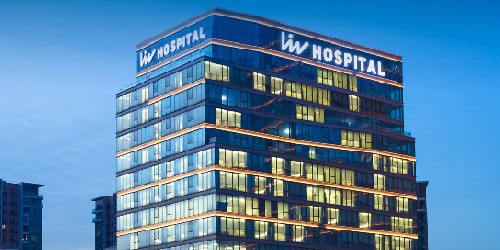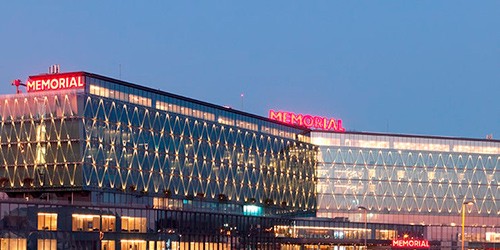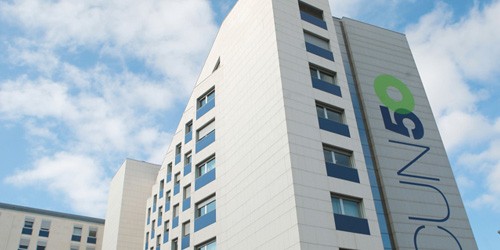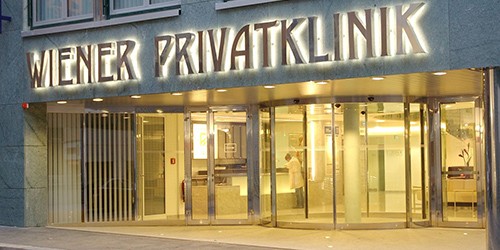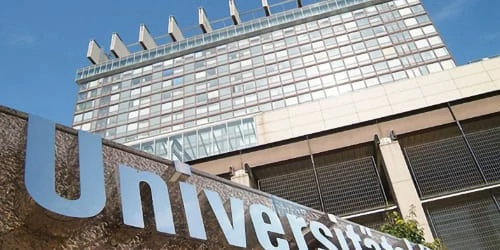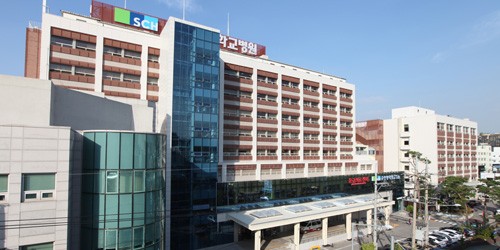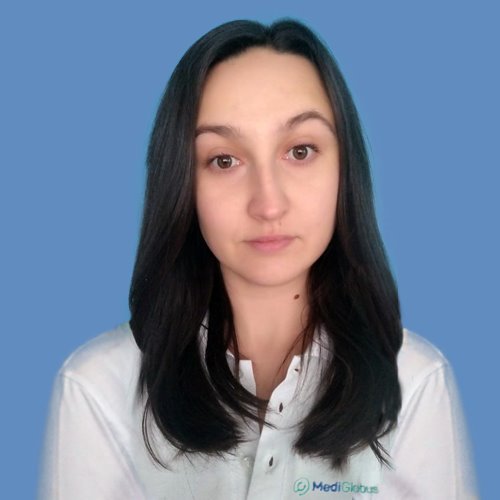1. Chemotherapy
|
2. How to determine if the chemo isn’t working
|
3. When chemo isn’t ineffective
|
4. What to do
|
5. Leading clinics
|
Chemotherapy is the primary treatment for many cancers. It involves the use of highly active medicines to destroy cancer cells. For each patient, their oncologist chooses a personalised treatment course. However, this method does not always give positive results. In some cases, it may be ineffective and even dangerous. Why doesn’t chemotherapy work and what should the patient do in such a case? There are several answers to these questions. Learn more from this article.
Listen to the article:
What is chemotherapy and when is it indicated?
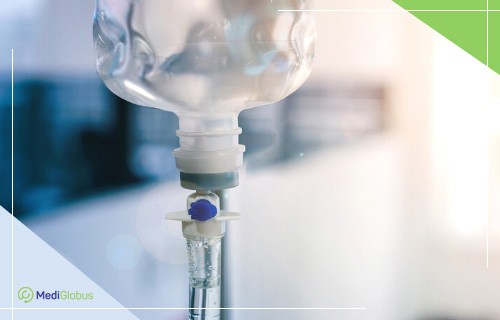
Chemotherapy is the use of medications to fight cancer, infectious and parasitic diseases. In 90% of cases, it is an effective treatment. The drugs can be delivered in different ways. Most often, patients are given chemo intravenously or orally. The pills can be taken at home.
Chemo drugs are grouped based on their effect on cancer cells: cytostatic drugs – drugs that prevent the division of cancer cells, and cytotoxic drugs – the ones that destroy the tumour. Intravenous injection of chemotherapy takes approximately 2-3 hours.
The chemotherapy course is calculated for each patient individually. This is influenced by the age, weight and condition of the patient, as well as the characteristics of the neoplasm. The total duration of treatment can vary from one month to a year.
Chemotherapy is the key treatment for blood and lymphatic cancer. It is not given for skin and kidney cancer or meningioma. Chemo is often used as palliative therapy for patients with terminal malignancy. In this case, the therapy helps the patient alleviate the symptoms of the disease, minimize pain, and increase life expectancy.
To learn about the possibilities of modern chemotherapy abroad and sign up for treatment, leave an application on our website. MediGlobus coordinators will call you back as soon as possible.
How do I know that chemotherapy isn’t working?
Some cancer patients are faced with a situation where chemotherapy does not relieve their condition or even makes it worse. Cancer does not respond to chemo and progresses further. The main signs of low or no effect of such treatment are:
the malignant neoplasm continues to grow or does not decrease in size;
growth of metastases;
symptoms of the disease remain unchanged, relapse or worsen;
an increase in tumour marker levels.

Malignant tumours develop due to cell mutations. Having found such DNA changes, it is possible to effectively counteract oncopathology. Therefore, before using any chemotherapy, it is important to perform thorough diagnostics, in particular – tests for tumour markers.
Foreign clinics use mandatory tests to evaluate the potential effectiveness of chemotherapy. During such diagnostics, doctors analyze several hundred tumour genes for specific mutations. This makes it possible to understand which drugs will work for a particular neoplasm and which ones will be useless or even toxic.
For diagnosing cancer, contact the coordinating physicians of the international medical platform MediGlobus. We will help you choose the best clinic and arrange your trip.
When does chemotherapy not work?
The immunity of cancer cells to chemotherapy can occur both at the first stage of cancer treatment due to inaccurate diagnosis, and later on.
Two main groups of factors contribute to the development of drug resistance.
The first group includes pharmacological and physiological factors. These are drug metabolism, insufficient access of the drug to the tumour, low infusion rate, and improper way of administering the chemical.
The second group concerns the defence mechanisms of the malignant neoplasm. To ensure its survival against anti-tumour drugs, cancer uses various tools, including genes and proteins.
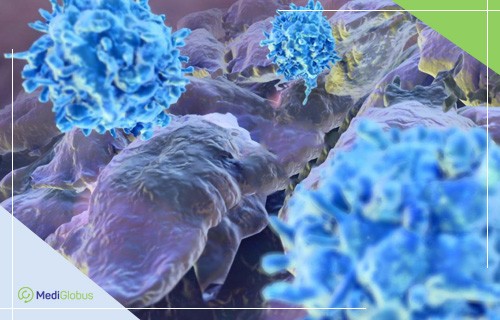
The main causes of tumour resistance to chemotherapy include:
Tumour heterogeneity. This means that the malignant tumour consists of different cells that differ in their genetic and morphological properties. During chemotherapy, it is not always possible to affect all those cells at once. Some can remain after the chemo. They form new mutations and make the tumour resistant to the treatment.
Inactivation of drugs. Some anticancer drugs change their molecular characteristics upon interacting with cancer cells. This reduces their activity and causes the tumour to become immune to the chemo.
Multiplex resistance to chemotherapy. It is also known as the ability of a tumour to survive despite the use of multiple drugs. Some cancer cells can push drugs into the extracellular space using special beta transporters. Such neoplasms easily change the properties of the drugs and prevent the chemo from causing damage.
Tumour regeneration. Cancer cells can regenerate after certain chemical drugs. They eliminate DNA chains damaged by chemo and fill in the “gaps” with new structures.
What should I do if chemotherapy doesn’t work?

When selecting the chemo drugs, oncologists often mention the treatment response rate. This indicator determines the number of people who will have a positive response to a particular chemotherapy regimen.
As a rule, patients are first prescribed antitumor drugs with the highest response rate. This is called first-line treatment. This chemo regimen continues as long as it is effective and does not cause serious side effects.
Chemotherapy is used as the main option to fight the disease or in combination with other methods, such as surgery. If it does not work on the tumour, other treatment options are available.
Alternatives to chemotherapy include:
Targeted therapy
This is the most advanced and safest way to treat cancer. This method directly targets the tumour. Unlike chemotherapy, it does not affect healthy tissue. Targeted therapy produces the most positive effect in combination with other methods of cancer treatment. It is especially effective for breast cancer, lung cancer, melanoma and lymphoma.
Hormone therapy
Hormones can be used for the treatment of hormone-dependent tumours, particularly for prostate, breast, and thyroid cancers. Such medications prevent the body from producing certain hormones or control their effects on the body. Hormone therapy is usually accompanied by surgery, such as the removal of the ovaries or testicles.
Radiation therapy
This is an exposure of cancer cells to radiation. Radiotherapy damages the DNA of abnormal cells and prevents them from regenerating. External or internal radiation is used to fight cancer. External radiation therapy uses a special machine that creates radiation and directs it to areas that are near the tumour. Internal radiation therapy involves implanting special capsules, darts, or plates with radioactive material into the patient’s body. Such implants are placed in or near the neoplasm itself. They remain in the patient’s body for some time (from a couple of minutes to several days) or permanently. It all depends on the type and stage of cancer, as well as the general condition of the patient.
Immune therapy
If the cancer is not amenable to chemo- or radiotherapy, patients may be prescribed immunotherapy. This treatment activates the body’s immune forces to fight the cancer cells. Immunotherapy uses monoclonal antibodies, checkpoint inhibitors, and cancer vaccines. Monoclonal antibodies involve the administration of synthetic substances that “tag” specific tumour proteins and allow the immune system to recognize and then destroy them. Checkpoint inhibitors affect the T-cells in the blood. They help the body attack the malignancy on its own without damaging healthy organs and structures. Anti-cancer vaccines prevent the development and rapid progression of cancer.
In which clinics is it possible to treat cancer with alternatives to chemotherapy?
MediGlobus specialists can help you choose the right medical centre based on your preferences and requirements. Our doctors will be in touch with the patient at all stages of treatment.
Resume
Chemotherapy is one of the most common methods used to fight cancer. It is prescribed in combination with other treatments or as the baseline therapy. Chemo is the main treatment method for leukaemia and lymphoma. It is actively used for breast, prostate, colon, brain, lung, cervical cancer and other oncopathologies.
When chemotherapy does not work, the doctor revises the treatment plan or chooses another method. If chemo is not effective, patients may be given radiotherapy, immunotherapy, hormone therapy, or targeted therapy. Radiosurgery, brachytherapy, chemoradiation therapy, etc. are also possible.
Most often, the use of chemo does not work if the cancer cells mutate or if the tumour is resistant to the drug. To avoid tumour resistance to chemo, patients are often prescribed several drugs in combination. It is thought that this may reduce the likelihood of developing resistance to any one drug.
To make an appointment for cancer treatment abroad, leave your contacts. We will help you find an oncologist who is as competent as possible in your issue.
Sources:
- British Journal of Cancer
- American Cancer Society
- Healthline Media
- National Center for Biotechnology Information




